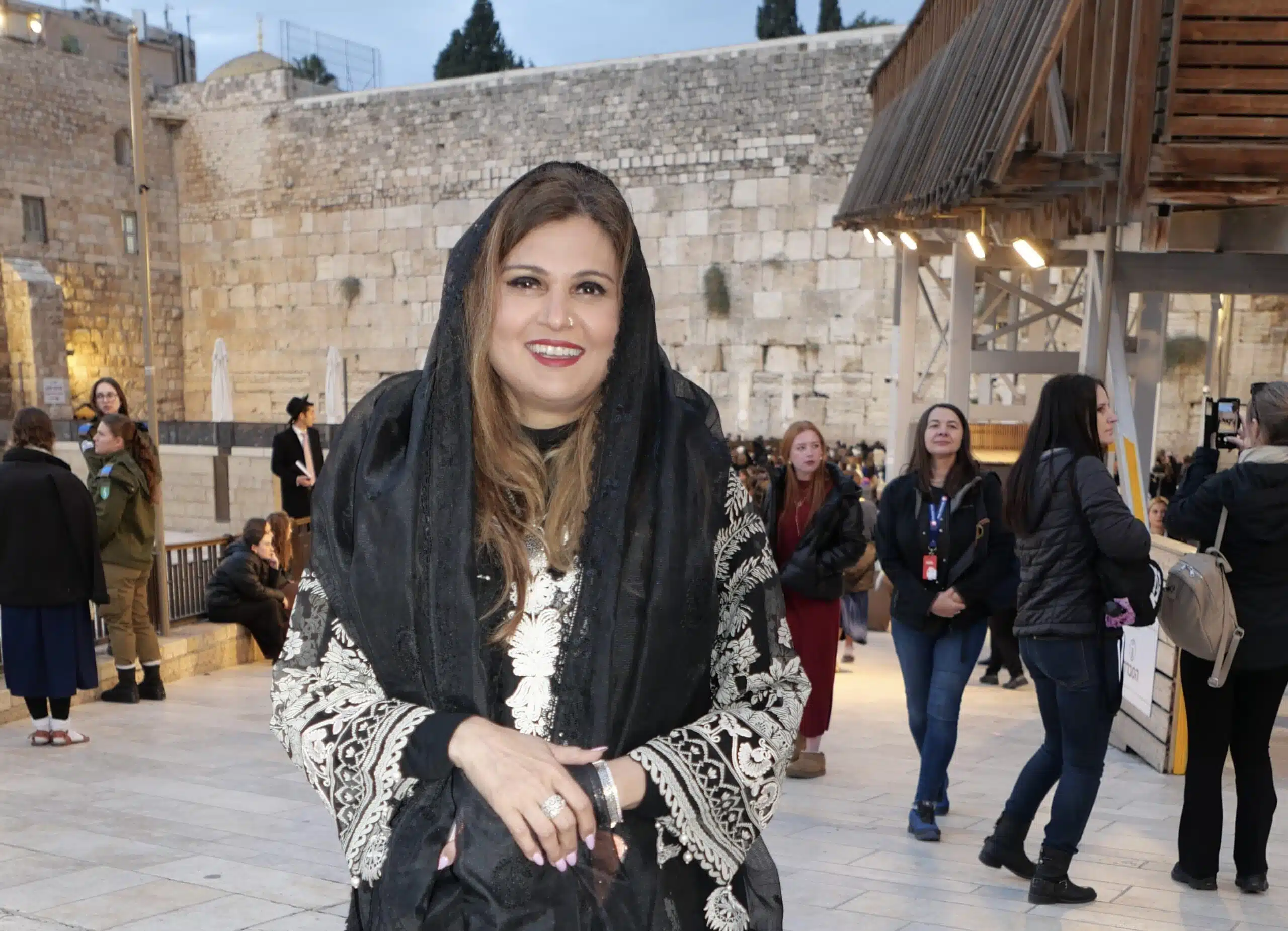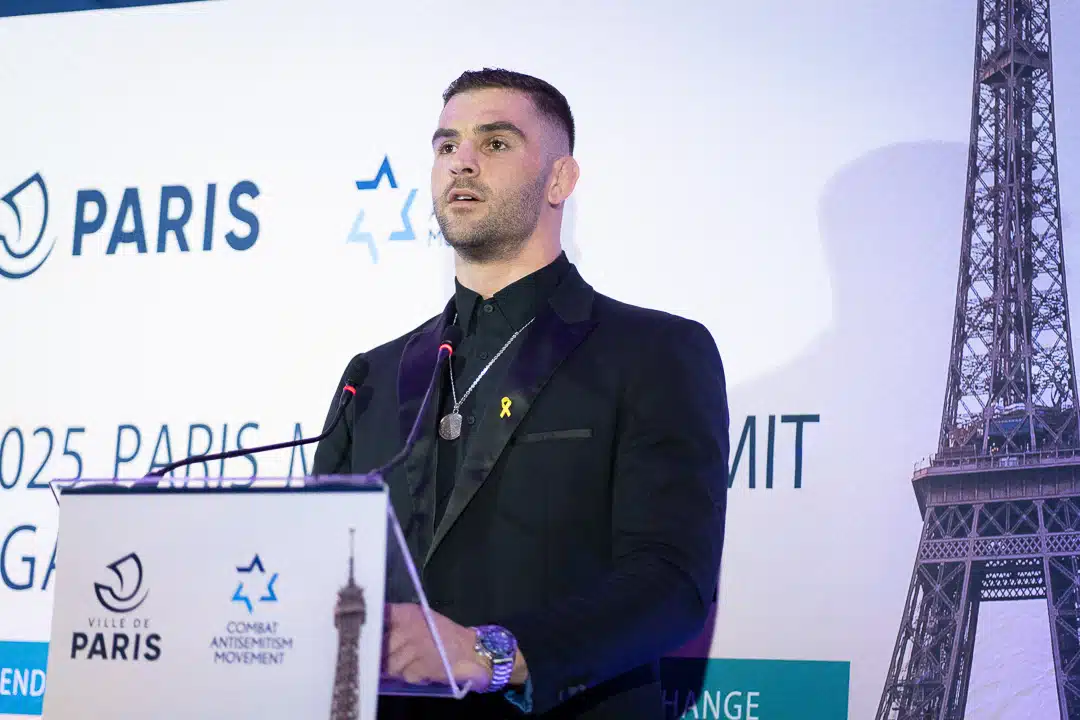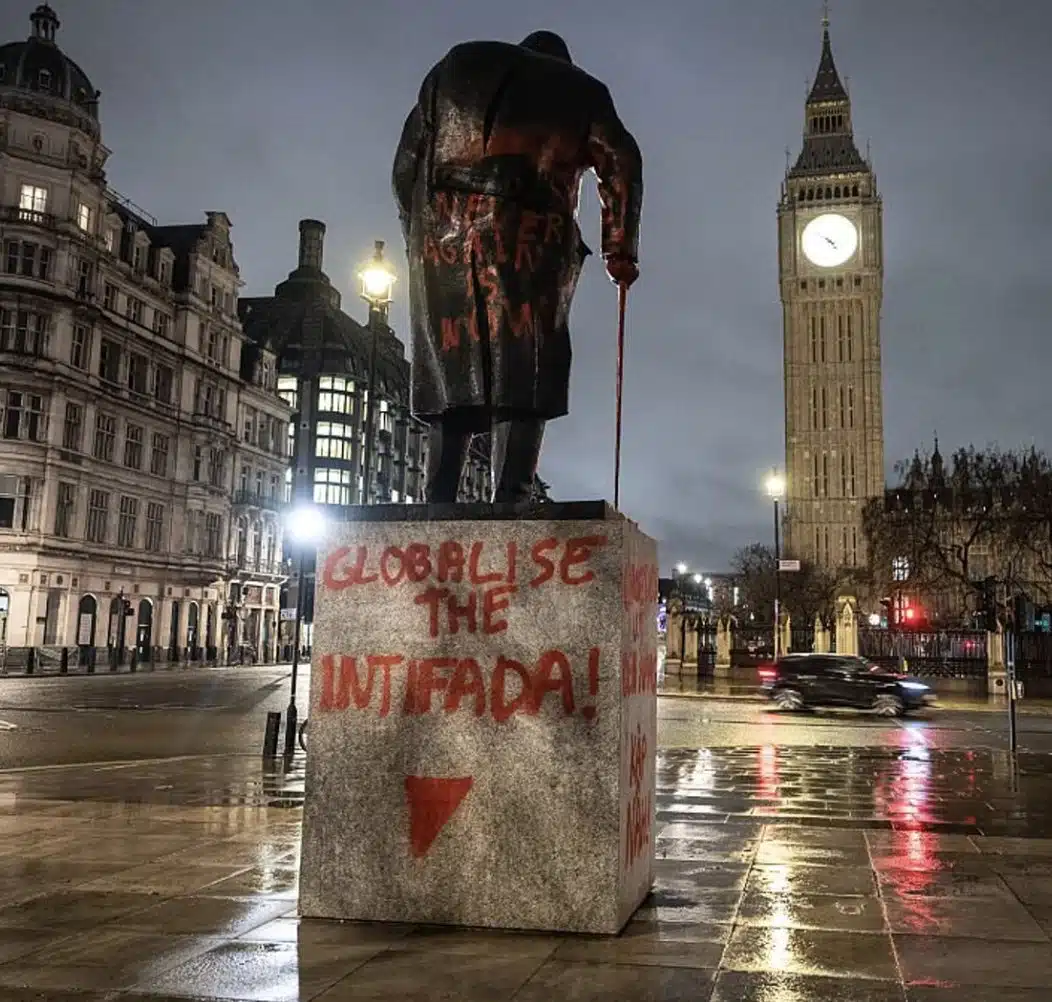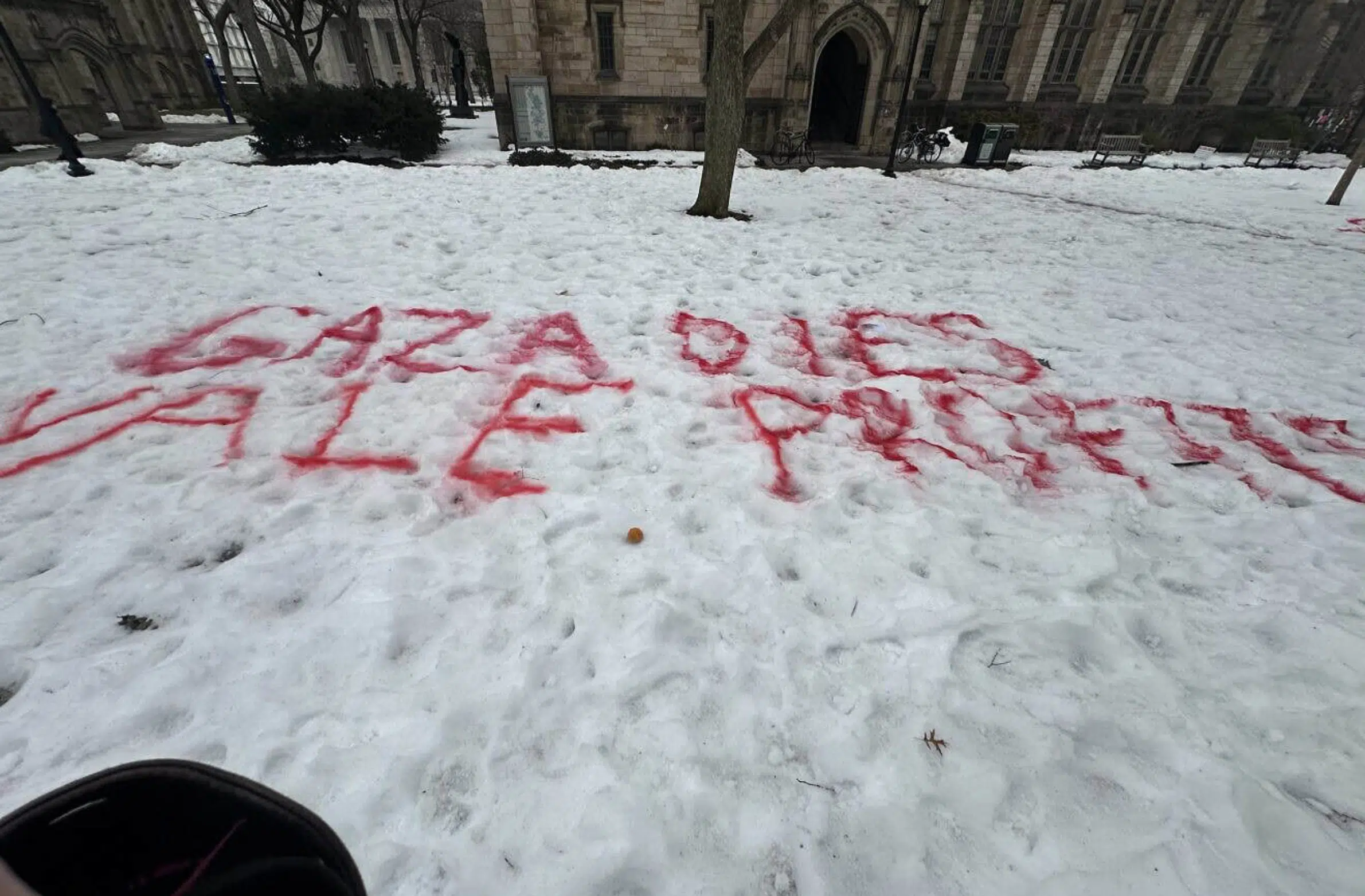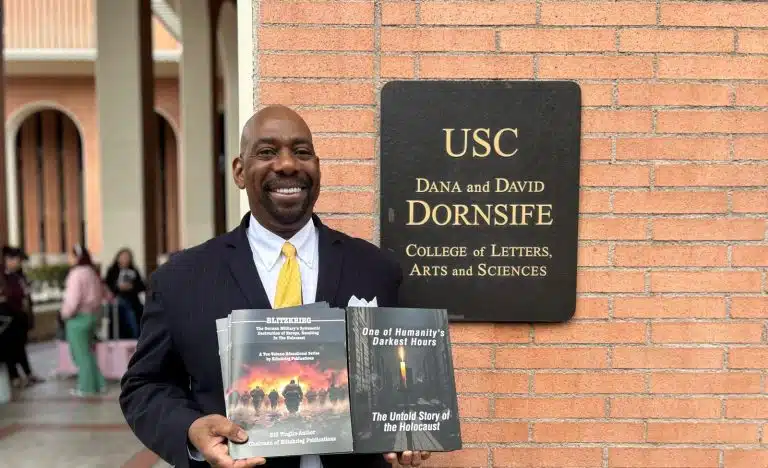
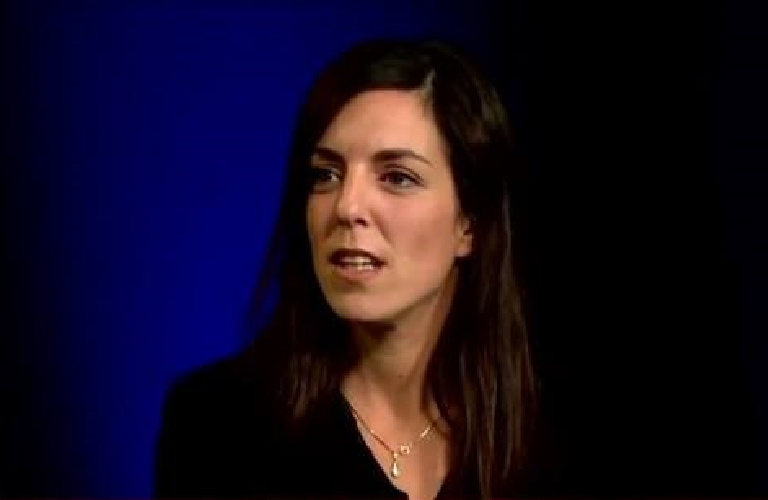
‘BDS Has Lost Its Glory’: ILF Director Yifa Segal Talks Latest Global Anti-Semitism Trends
With 2021 underway, the International Legal Forum (ILF) has published a new report detailing the latest global trends in the realms of anti-Semitism and delegitimization of Israel.
ILF Founder and Director Yifa Segal spoke with Combat Anti-Semitism Movement (CAM) Editor-in-Chief Barney Breen-Portnoy this week to provide her insights on the current state of affairs in the ongoing fight against hatred of Jews.
The full ILF report can be read here.
CAM: Looking back at past year, what was the trend or event that stood out most to you?
“We have noticed in our work that the BDS brand has kind of lost its glory, in a sense. It’s not entirely gone, obviously. It’s still kicking and the people haven’t gone anywhere, they’re still very active. But in 2020, we saw a major decline in the prestige and legitimacy of the BDS brand, which had taken them 15 years to build.”
“We believe this is mainly due to two things — first, the work that was done to associate BDS with terrorism, and second, the work that was done to associate it with anti-Semitism. I think that made it harder, or less desirable, for them, to continue using the brand itself, which I think is a great accomplishment.”
CAM: Do you think that this trend will continue?
“I’m optimistic, just because I was one of the first people who came out and paid attention to this, around a decade ago, saying maybe this was a problem and we needed to start doing something about it. People told me, ‘You’re crazy, it’s just a small thing, it’s freedom of speech, etc.’ So I’ve seen generally, in Israel and Jewish communities abroad, how it took many years to understand that this was a real threat and look deep into it and see who was running it, what was the real agenda behind it, what was the rhetoric and what were the consequences.”
“But once we, collectively, began to push back, look at what happened. It was amazing. We kind of turned the tide in maybe two years. So there is reason to be optimistic if we continue this work. But there is still significant pushback, so we need to be very aware and active on this.”
CAM: Do you see the International Holocaust Remembrance Alliance (IHRA) working definition of anti-Semitism taking further hold in 2021?
“It took root in several countries last year, and this was a very positive and interesting development. On the other hand, it really kind of focused the efforts, of the other side, to attack the IHRA definition and what they view as the weakest link in the chain, which is the part about the Jewish right of self-determination, i.e. Zionism, the State of Israel and all of that.”
“We are now seeing more and more active attempts to label Zionism as a political ideology. In terms of law, Jews are very protected as a racial and religious minority. So, to get around this, people are trying to categorize what they’re doing as attacking a political ideology that they claim is racist and horrible.”
“This issue is now starting to come before courts of law, which is something that had never happened in the past. We’ve reached a point that societies have to make up their minds and rule and pass judgement on it. And that, I think, will decide whether we can further our success in battling delegitimization or if instead a window is opened for the other side to bring back all of their poison through that type of rhetoric.”
“These judicial determinations will be the battle in 2021. And we have to be more active — writing op-eds, having conferences, holding debates and educating Jewish communities, among other things.”
CAM: What are your thoughts on the IHRA handbook that was recently put out by the European Union?
“It’s a great document. It basically says, more or less, what we have been saying, that this should be adopted as a tool of interpretation of anti-Semitic intent and motivation, that this should be taught within the judiciary branch and put into education and universities.”
“Our goal now is to make sure that it doesn’t just remain a beautifully-written document, but that it becomes de facto policy.”
“And that is where we are with IHRA — a point where it can either be further legitimized and become a real tool or slowly be delegitimized by its critics. This is the money time.”
CAM: How has the COVID-19 pandemic impacted the issue of anti-Semitism?
“I was a little bit hopeful that maybe in a global crisis that threatens people’s futures, health and livelihoods, they would stop focusing on the Jews and Israel, but that was proven wrong very fast. A lot of people were sitting at home, and all of a sudden they had all the time in the world to spew hatred and new conspiracy theories about Jewish involvement in or even responsibility for the whole pandemic. They have a new exciting topic to pin on the Jews or on Israel. And we’re seeing this also now with the vaccinations.”
CAM: What else concerns you at the moment?
“Polarization, especially in America, but not just in America. This makes it difficult for us to put up a united front on an issue that is really non-political. We should try to definitely push harder to bridge the gap between different communities.
CAM: What can people at home do to help?
“Everyone can reach out to communities and organizations, or write to policymakers and speak your minds, even on social media, on these very important matters.”
“When it comes to polarization or the misunderstanding of Israel or Zionism, everyone at home can sit and see how they can try to build bridges and make these issues more understandable to different communities. For example, why would Black Lives Matter be so anti-Israel? There is no logic behind that. Instead of saying, ‘Oh, they’re so anti-Semitic,’ why don’t we try harder to reach out to them and have a conversation, maybe even a debate, or share materials, whatever we have, and try to create these bridges?”
Learn more about the International Legal Forum at www.ilfngo.org.

